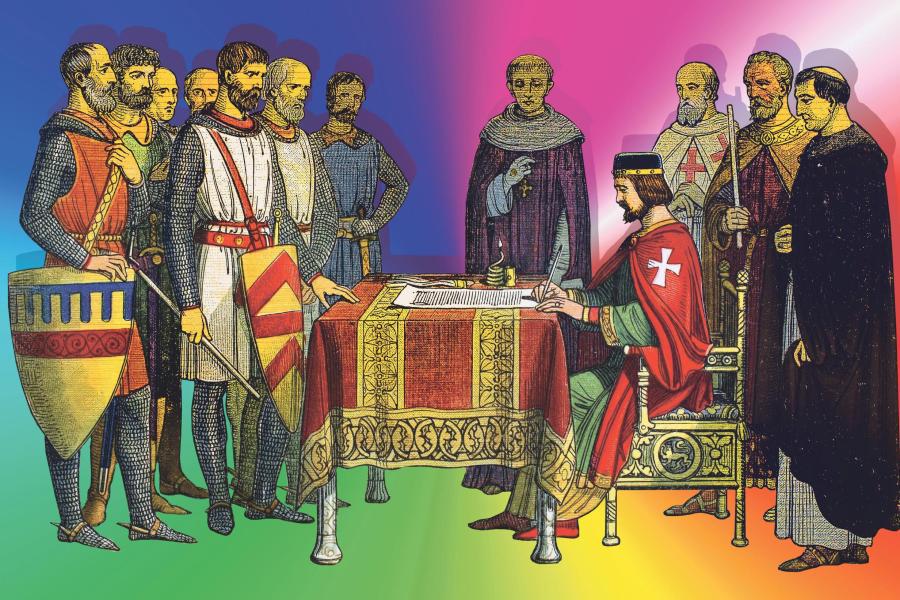Israeli officials are usually pretty mad at the UN for something they did or said, or didn’t do or didn’t say. Today, Ambassador Ron Prosor’s outrage centered around a new UN report on Israel’s treatment of Palestinian children in the occupied territories, a report he complains mentions Israel altogether too much.
The report was supposed to be something of a compromise. The UN issued a recent report on violence against children in warzones worldwide, and was facing intense US and Israeli pressure not to mention Israel in this, despite the large death toll among children in last summer’s Israeli invasion of Gaza. In the end, they didn’t mention Israel in that official report, but released a separate report about Israel.
But the UN can’t win with Israel, and Prosor complained that the report about Israel, which again, was a report about Israel, mentioned Israel way more than it mentioned ISIS.
That would’ve been a fair complaint if Israel had been in the main report, where ISIS was one of the many violators spotlighted, but it seems absurd that Israel should expect, having gotten out of that report entirely, that this lesser report would also focus on countries other than Israel, even though it’s a report explicitly about Israel.




